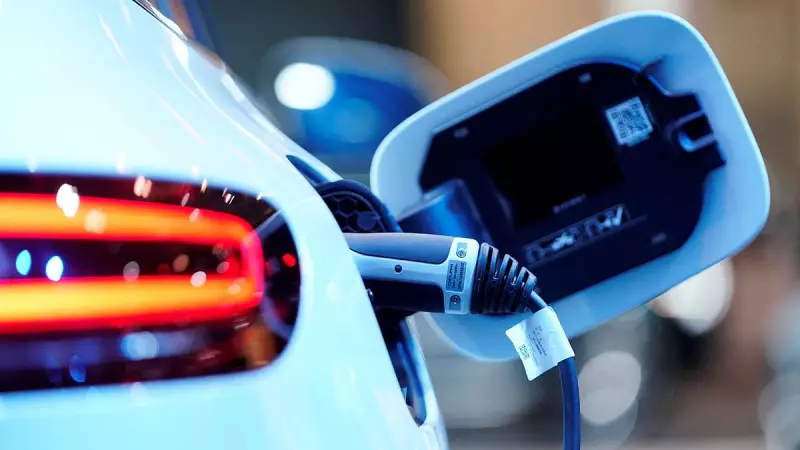
The electric vehicle revolution is charging ahead in India, and the insurance sector is racing to keep up. As more Indian consumers switch to eco-friendly EVs, insurers are completely rethinking their approach to coverage, creating specialized products tailored to the unique needs of electric vehicles.
Why EVs Demand Different Insurance
Electric vehicles aren't just regular cars with different engines—they represent a fundamental shift in automotive technology. The most expensive component in an EV, the battery pack, requires specialized coverage that traditional policies don't adequately address. Unlike conventional engines, battery degradation over time presents a new challenge for insurers to quantify and cover.
"The battery alone can constitute 40-50% of an EV's total value," explains an industry expert. "This changes the entire risk assessment model that insurers have used for decades."
New Insurance Models Emerging
Forward-thinking insurance companies are developing innovative solutions specifically for EV owners:
- Pay-as-you-drive policies that reward efficient driving patterns
- Battery health monitoring and coverage for performance degradation
- Charging station damage protection for home installation
- Specialized repair network access for EV-certified technicians
Government Push Accelerating Change
The Indian government's ambitious targets for EV adoption are forcing the insurance industry to adapt quickly. With policies like FAME II subsidies and various state-level incentives making EVs more affordable, insurance providers can no longer treat electric vehicles as niche products.
"We're seeing double-digit growth in EV insurance queries month over month," says a major insurer's digital head. "The market has reached a tipping point where specialized EV insurance is no longer optional—it's essential."
Technology Driving Insurance Innovation
Insurtech companies are leveraging artificial intelligence and IoT devices to create more accurate risk models for EVs. Telematics devices can monitor driving behavior, charging patterns, and battery health, allowing for more personalized premium calculations.
The integration of technology doesn't stop there. Many new EV insurance products include:
- Mobile app-based claims processing
- Real-time roadside assistance for charging emergencies
- Digital documentation and policy management
- Integration with EV manufacturer service networks
The Road Ahead for EV Insurance
As battery technology improves and costs decrease, insurance models will continue to evolve. The industry is moving toward more dynamic pricing models that reflect actual vehicle usage rather than traditional demographic factors.
The future looks electric, and insurance companies that successfully adapt to this new landscape will be well-positioned to capture a growing market of environmentally conscious Indian consumers.





